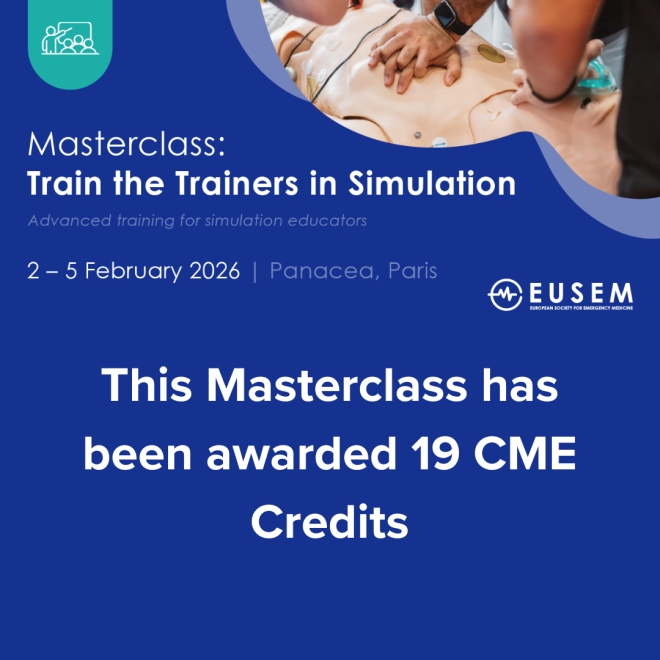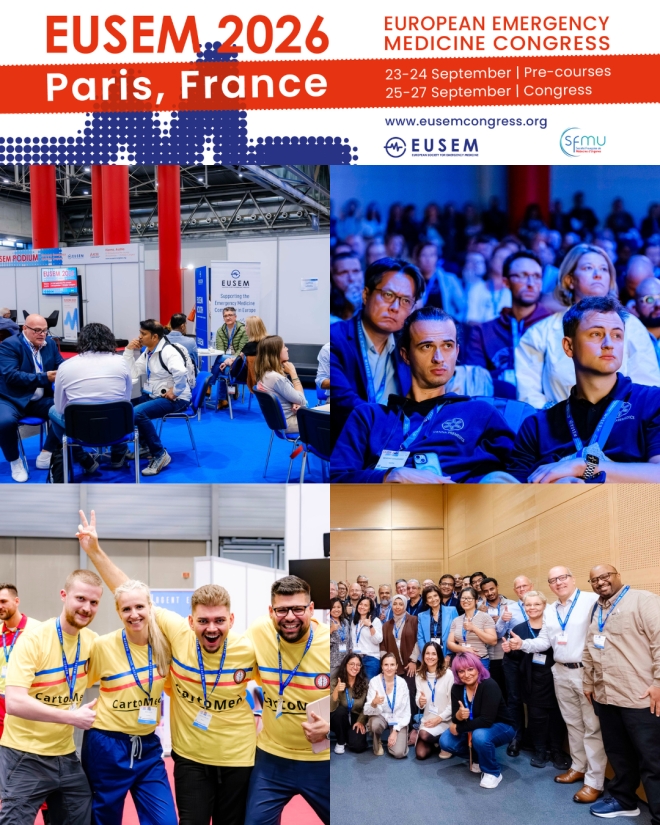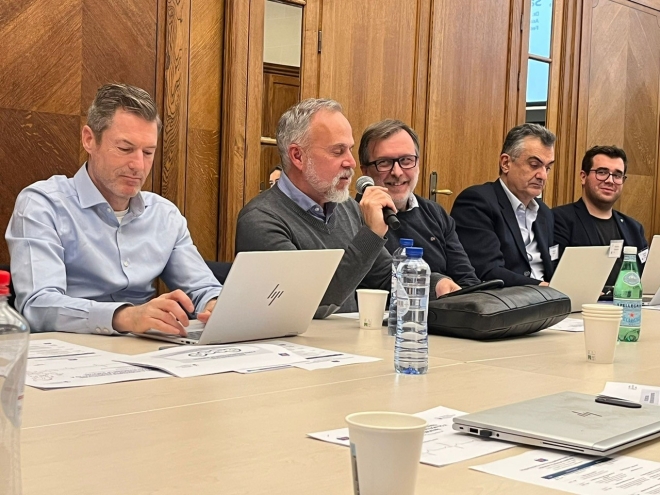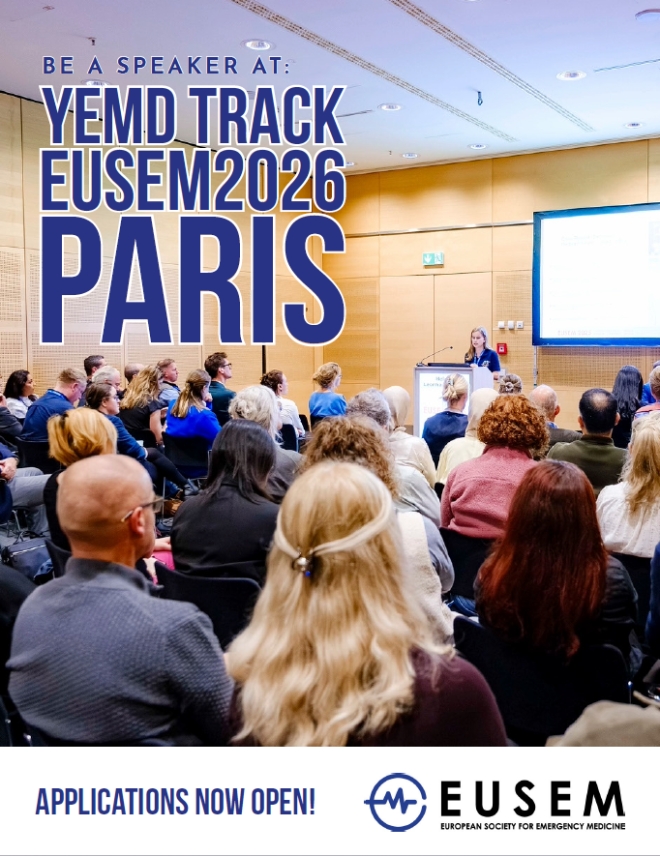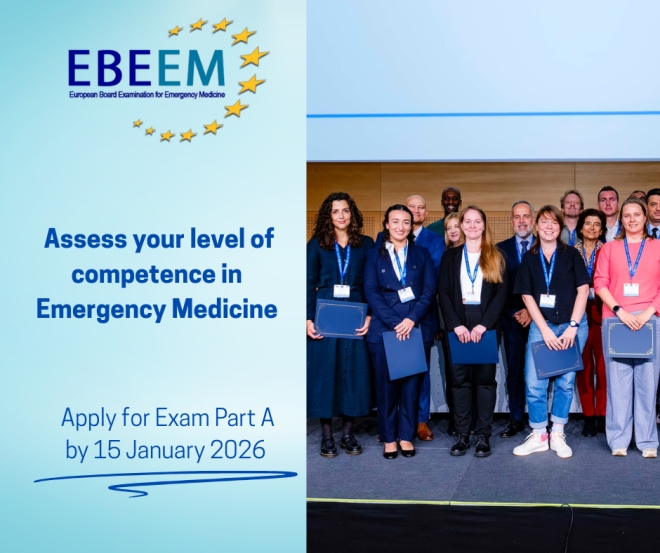This Masterclass has been awarded 19 CME Credits | Secure your place now - we are down to the very final places
Just in: This Masterclass has been awareded 19 CME Credits!
Further details about the course below:
Led by 4 Trainers accredited by EUSEM:
- Prof. Abdo Khoury, Professor, Emergency Medicine, past President of EUSEM, chair, Medical Simulation Centre, University Marie & Louis Pasteur, Besançon, France.
- Prof. Pier Luigi Ingrassia, Consultant in Anaesthesiology and Intensive Care, President of the SESAM (Society in Europe for Simulation Applied to Medicine), Director of the Centro di Simulazione (CeSi) in the Centro Professionale Sociosanitario MedicoTecnico in Lugano, Switzerland.
- Prof. Mohammed Mouhaoui, Professor, Anaesthesiology & Intensive Care, Emergency Medicine, President of the Morocco Sim (Morocco Society of Simulation in Healthcare).
Dates:
2–5 February 2026.
Eligibility:
Experienced healthcare professionals with prior simulation experience.
More detailed information and registration via this page:
https://eusem.org/education/courses-traineeships/master-class-in-train-the-trainers-in-simulation

